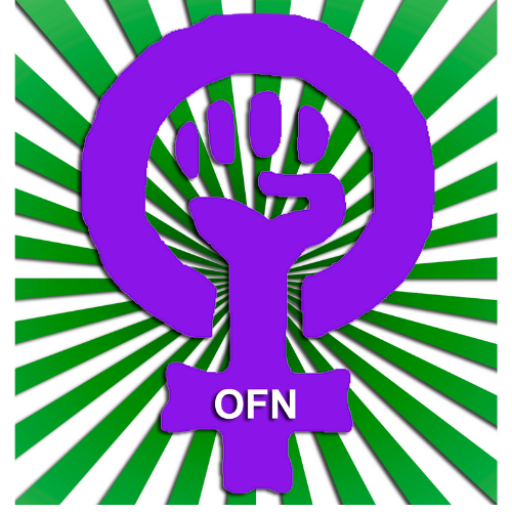How old do you have to be to join the OFN? What is considered an ‘Older Woman’? Those are the two questions we get asked most from prospective OFN members.
In this post, I’ll look at the different ways our society defines the Older Woman and why for the women of the OFN, age is just a number!
What do you think defines an older woman? Maturity? Frailty?

At FiLiA 2022 Conference, the question most enquirers asked at our stall was: How old do you have to be to join OFN?
Well, we don’t set a lower or upper age limit.
At the Older Feminist Network, we believe women can self-define as “older women” however they want.
What do you think?
The mass media tends to lump all women over 50 – 110 into the category ‘older women’.
If you google ‘What is an older woman?’, definitions include: ‘In North America, people are considered old at 70 and 73, for men and women respectively. Ten years ago, people were considered old at age 59. However, today you would be considered old at 70”.
I googled “Older Woman UK’, and the top result was: ‘At what age is a female considered elderly? Ageing, an inevitable process, is commonly measured by chronological age and, as a convention, a person aged 65 years or more is often referred to as ‘elderly’.
Cripes!
My perception of ‘elderly’ is: “Avoid using this word unless you’re referring to someone over age 90, or someone who is frail, with mobility problems, in a care home, etc.”
As a self-defined older woman and member of the Older Feminist Network, I see how perceptions matter. While we go about their daily lives, our members must navigate discrimination, bias, and everything that stems from society’s negative perception of the ‘Older Woman’.
As the Centre for Ageing Better points out in a relatively recent study on representations of old age and ageing: “Our understanding of age and ageing is socially constructed, and encapsulated in commonly-held age stereotypes, internal representations of what younger and older people are and should be. Understanding when people are categorized as belonging to the old age group is important because it is through this categorization process that people become at risk of being viewed through the lens of age stereotypes, and consequently at risk of experiencing prejudice and discrimination.”
During Covid, journalists predominantly reinforced the stereotype of all over 65s as frail and old, accompanying their articles with pictures of older women sitting with blankets on their laps, their veined hands clutched together.
This pattern dented the identity of those of us who proudly add an extra adjective to define ourselves: ‘active older woman’, ‘fit older woman’, ‘younger older woman’, or ‘older women activists’.
After all, back in the ’80s, when the Older Feminist Network was founded, women self-identified as older in their mid-40s! We might well ask: if a woman is vaguely older and fit or does sport or similar, is she in denial about being an older woman?
Do you consider yourself to be an older woman? How do you define the category? Add your comments below!
And if you’re interested in getting involved in a network of proudly Older Feminist Women you can join us here.



In my opinion the fact of being postmenopausal is of great importance here. Postmenopausal women, independently of their age, have different problems than premenopausal/”younger” women. They are affected by ageism (no matter how active and fit they are) and much more at risk of various diseases, from cardiovascular disease to gynecological cancers. I feel that they are often acutely aware of the impact of patriarchy because they bear its full brunt.
I have personally experienced surgical menopause at the age of 37. I am now in my early 40s, but I am no longer affected by many of the problems which affect most women from my age group. At the same time I have problems which they don’t have. I am also very close to my mum. Do I see myself as an “older” woman? I would say yes – not because of my age, but because of my personal experiences.